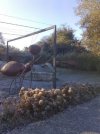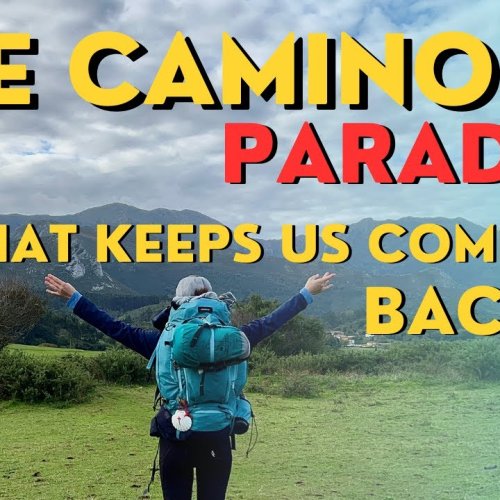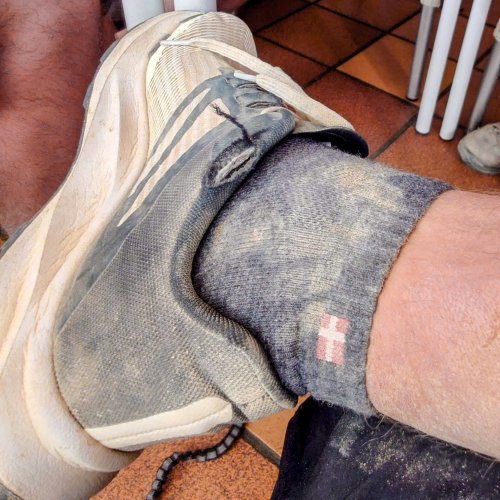"A Paso de Formiga" is the name of an albergue/hostel in Portos, about 6 km east of Palas de Rei. Do you know what this means? Perhaps you think you do, but you could be wrong. If you think it means "The Pass of the Ant", you are definitely wrong. It puzzled me because 'paso' is obviously masculine, but 'a' is the feminine definite article, so "a paso" cannot mean "the pass". 'Paso' has several meanings, including 'step' and 'pace', which has two meanings in English and it has the same two meanings in Galician: another word for 'step', as in two paces forward; and 'speed', as in keep pace with somebody. So I emailed the albergue/hostel to find out what the name means. It means "At (the) pace of (an) ant" i.e. slowly. I think that ants move quite fast, considering their size, but everyone's entitled to an opinion. It's an idiom. They can also say, with the same meaning, "A paso de tortuga". "A paso de caballo" means fast. 'A' means 'at' as well as 'the'. Btw, 'formiga' is Galician for 'ant'; in Spanish it's 'hormiga'
I've asked why the albergue/hostel is called "Slowly", but I haven't had a reply.
You're welcome!
I've asked why the albergue/hostel is called "Slowly", but I haven't had a reply.
You're welcome!
Last edited:













